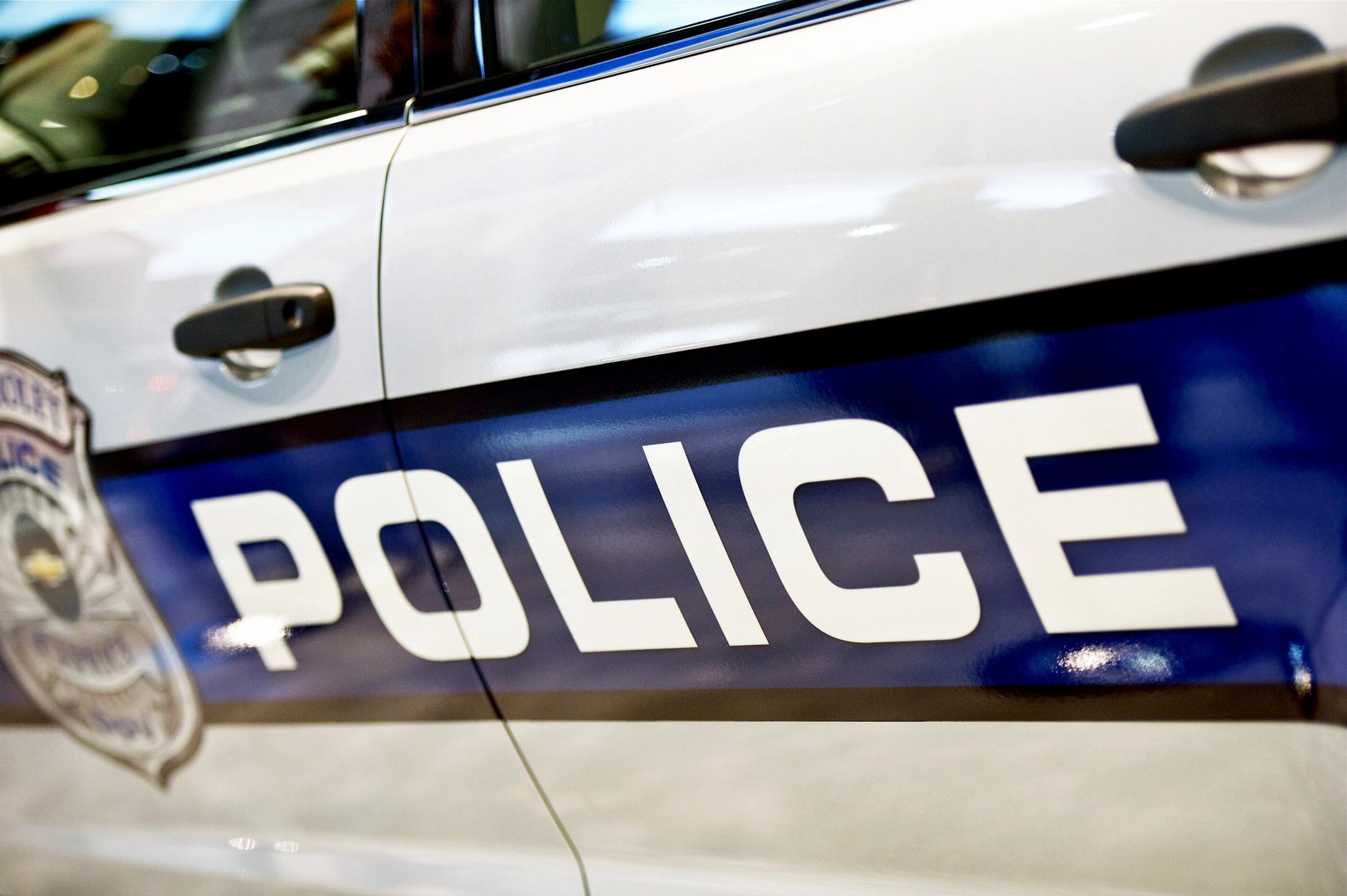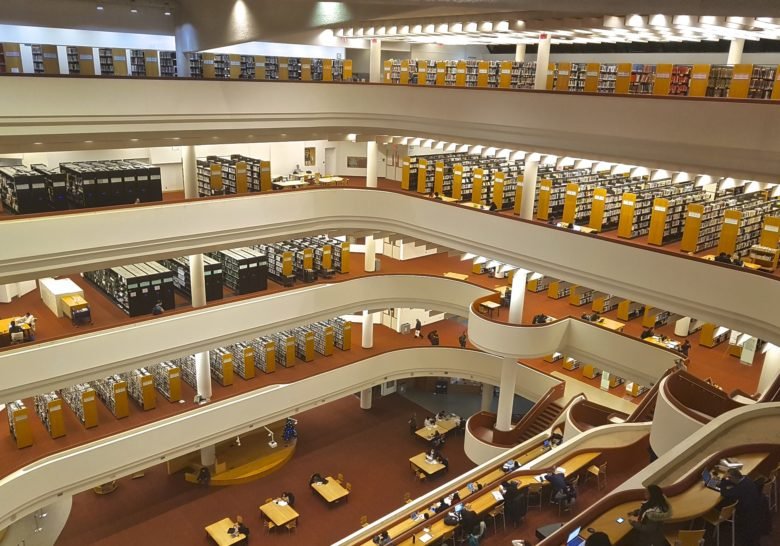The federal government has approved British Columbia’s plea to reimpose criminalization of hard drugs in public areas, a move initiated almost two weeks following the province’s request to terminate its pilot program prematurely due to apprehensions about public drug usage.
Mental Health and Addictions Minister Ya’ara Saks disclosed this development on Tuesday at Parliament Hill.
British Columbia has been implementing a three-year pilot program for just over a year, aimed at decriminalizing possession of small quantities of specific illicit substances such as heroin and cocaine. However, due to safety worries stemming from public drug consumption, the provincial government requested on April 26th that the federal government reinstate the prohibition of illicit drug use in all public areas, encompassing hospitals, public transportation, and parks. Minister Saks emphasized that the underlying issue is a health emergency rather than a criminal one, yet emphasized the importance of ensuring community safety.
As per a statement from Minister Saks’ office, exceptions in the Criminal Code for possessing small quantities of illicit substances for personal use will remain applicable in private homes, specific healthcare facilities, areas where individuals are legally seeking shelter, as well as overdose prevention and drug checking sites.
During a press briefing on Tuesday, British Columbia’s Mental Health and Addictions Minister, Jennifer Whiteside, highlighted that these exemptions will empower individuals using drugs at home to seek assistance without the fear of facing arrest.
“The vast majority of people who die from toxic drug poisoning are dying at home alone,” she said.
“The intention of decriminalization was never about providing space for unfettered public drug use. That was not the intention. The intention was to ensure that people felt that people should not be afraid to reach out for help wherever they were using.”
When questioned by reporters about the delay in the federal government’s decision to terminate the pilot program, Minister Saks emphasized that it’s the illicit and hazardous drug supply, rather than the decriminalization efforts, which is driving the surge in overdose fatalities.
“Moving forward to any kind of pilot like the one in B.C., we know that we have to have a balance, public safety and public health,” she said. “That means there needs to be sufficient health services in place, scaled out to meet people where they’re at, and also law enforcement to have the tools that they need to ensure that public safety is a priority.”
Saks further emphasized that decriminalization stands as a key component of the Liberal government’s strategy in addressing the opioid crisis. While acknowledging the urgency of British Columbia’s plea, the federal government opted not to rush into a decision but to carefully consider the matter rather than react impulsively.
Last week, the issue ignited heated discussions in the House of Commons, particularly when Conservative Leader Pierre Poilievre urged the Liberals to heed British Columbia’s request. One contentious exchange led to Poilievre being removed from the session after he referred to Prime Minister Justin Trudeau’s drug decriminalization policy as “wacko.”



